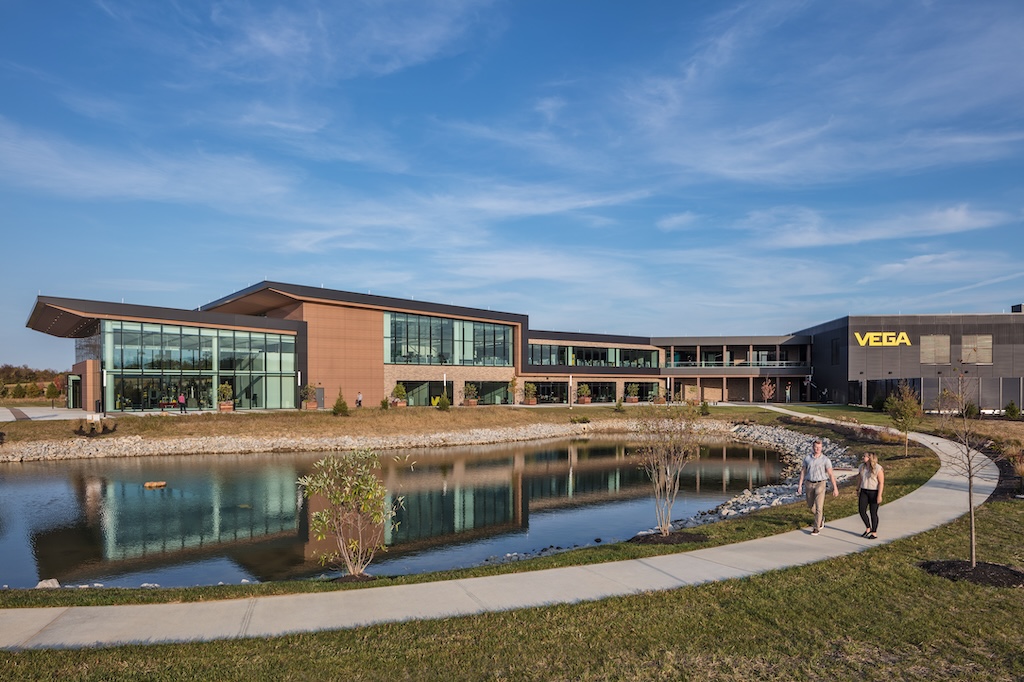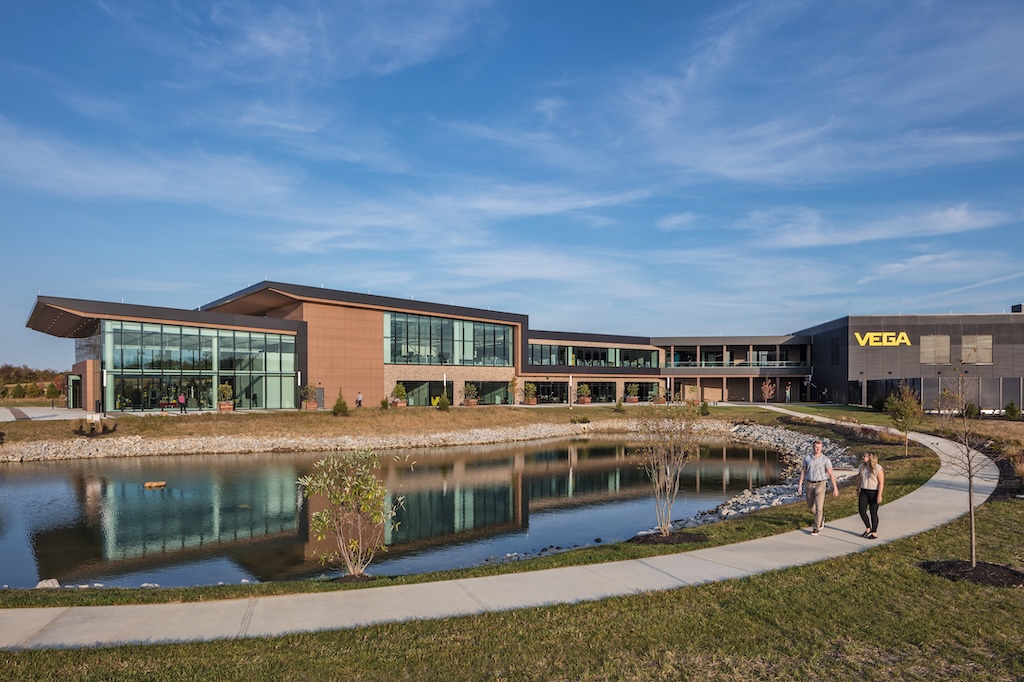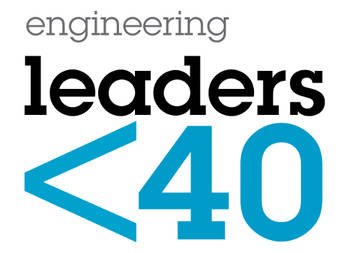There are two sides to the Skills Gap issue, as this month’s cover story points out. One is understanding why more young people aren’t gravitating toward careers in manufacturing. The other looks at programs designed to create a little gravity toward such a career. A study by the American Society for Quality noted that kids aren’t aware enough about modern manufacturing to mak...
There are two sides to the Skills Gap issue, as this month’s cover story points out. One is understanding why more young people aren’t gravitating toward careers in manufacturing. The other looks at programs designed to create a little gravity toward such a career.
A study by the American Society for Quality noted that kids aren’t aware enough about modern manufacturing to make informed career choices.
The ASQ study found 85% of kids say that they are not interested in a future engineering career for a variety of reasons, according to recent surveys of youth and adults conducted by Harris Interactive on behalf of the ASQ.
Survey results indicate the top reasons why kids may not be interested in pursuing engineering:
-
Kids don’t know much about engineering (44%)
-
Kids prefer a more exciting career than engineering (30%)
-
They don’t feel confident enough in their math or science skills (21%) to be good at it — despite the fact that the largest number of kids ranked math (22%) and science (17%) as their favorite subjects.
-
Findings from the adult survey on this topic show:
-
Only 20% of parents have encouraged/will encourage their child/children to consider an engineering career
-
The vast majority of parents (97%) said they believe that knowledge of math and science will help their children have a successful career.
-
The ASQ survey among youth ages 8-17 as well as among parents, aimed to provide a better understanding about the perceptions of selecting an engineering career in light of a troubling shortage of U.S. engineers, which will reach 70,000 by 2010 based on an estimate by the National Science Foundation.
“It’s clear that there is a low level of interest and knowledge about engineering careers for both parents and children,” said Maurice Ghysels, chair of ASQ’s K-12 Education Advisory Committee. “Educators and engineers need to work more closely together to get students excited about the profession and spotlight interesting role models.”
Part of that excitement is being driven by celebrity involvement. As the Fabricators & Manufacturers Association, International noted this month, those heralding the cause include leading trade associations, regional economic development groups, TV personalities such as Jay Leno and John Ratzenberger and even a teenage race car driver.
“Although there have been significant job losses in certain industries and regions, many areas of the country are clamoring for skilled employees,” said Mark Tomlinson, executive director and general manager for the Society of Manufacturing Engineers. “In Texas, the oil and gas industry has created a thriving manufacturing community. Parts of the Southeast have seen tremendous growth in several segments.”
A recent poll conducted by sponsors of the FABTECH International & AWS Welding Show revealed executives cited the lack of employee skills as a leading obstacle to growth.
“That supports what we’ve heard for a couple of years from leaders in the metal forming, fabricating and welding industries. They report their biggest challenge today is finding skilled workers, especially young people, who have the knowledge to handle the increasingly sophisticated tasks required in manufacturing,” said Jerry Shankel, president and CEO of the Fabricators & Manufacturers Association, International (FMA). “For example, we are using laser light to cut metal now, and it requires a person proficient in math and science skills.”
A report from the U.S. Department of Labor also noted, “Popular perceptions of manufacturing jobs as dark, dangerous and dirty are largely outdated as advanced robotics and other “intelligent” systems become pervasive throughout the manufacturing process.”
Combating this image and shining a spotlight on the career opportunities in manufacturing now represent missions of increasingly more organizations, whether these are grassroots or national efforts. Here are just a few of the hundreds of initiatives taking place across America:
-
The Cleveland-based Manufacturing Advocacy and Growth Network sponsors videos shown in seven Ohio high schools that illustrate why manufacturing is a good career choice. A recent program on welding even featured Jay Leno, who extolled the virtues of the welders who restore his prized autos.
-
Two business groups in Manitowoc County, WI sponsor “Project Mini-Chopper,” which showcases career opportunities by giving students real-life experiences with manufacturing. Student groups actually build motorcycles as school projects.
-
Ratzenberger’s NBT offers more real-life manufacturing experiences by issuing grants to educational and not-for-profit institutions that conduct summer manufacturing camps for kids with courses that focus on designing and building things. “The camps give the kids a tangible experience to make something they can be proud of and take home,” said Ratzenberger. “I can think of no enterprise more worthy than one devoted to inspiring the next generation of engineers, builders and manufacturers.”
-
The OSU-Okmulgee MidAmerica Industrial Park in Pryor, OK conducts a two-day program called, “All About Manufacturing,” which targets K-12 educators and teaches them about manufacturing as a career choice — knowledge they can pass on to their students.
-
“If parents and teachers don’t have personal experience in today’s manufacturing, they can’t guide their children with accurate opinions and information about manufacturing careers,” said Pat Lee, FMA public relations director and a member of the Rockford, IL Chamber of Commerce Manufacturers Council. “That’s why our Council compiled a Web resource on manufacturing careers and provided it to the local high school district. The district then created a Web page on its site that is visited regularly by both students and parents.”
FMA’s Shankel sees this movement is starting to change the nation’s mindset on manufacturing. “So many organizations now are committed to make this happen and we’re beginning to see results. Applications for our scholarships have reached record levels. Educators are paying attention. And, young people are flocking to manufacturing camps.
-
-



